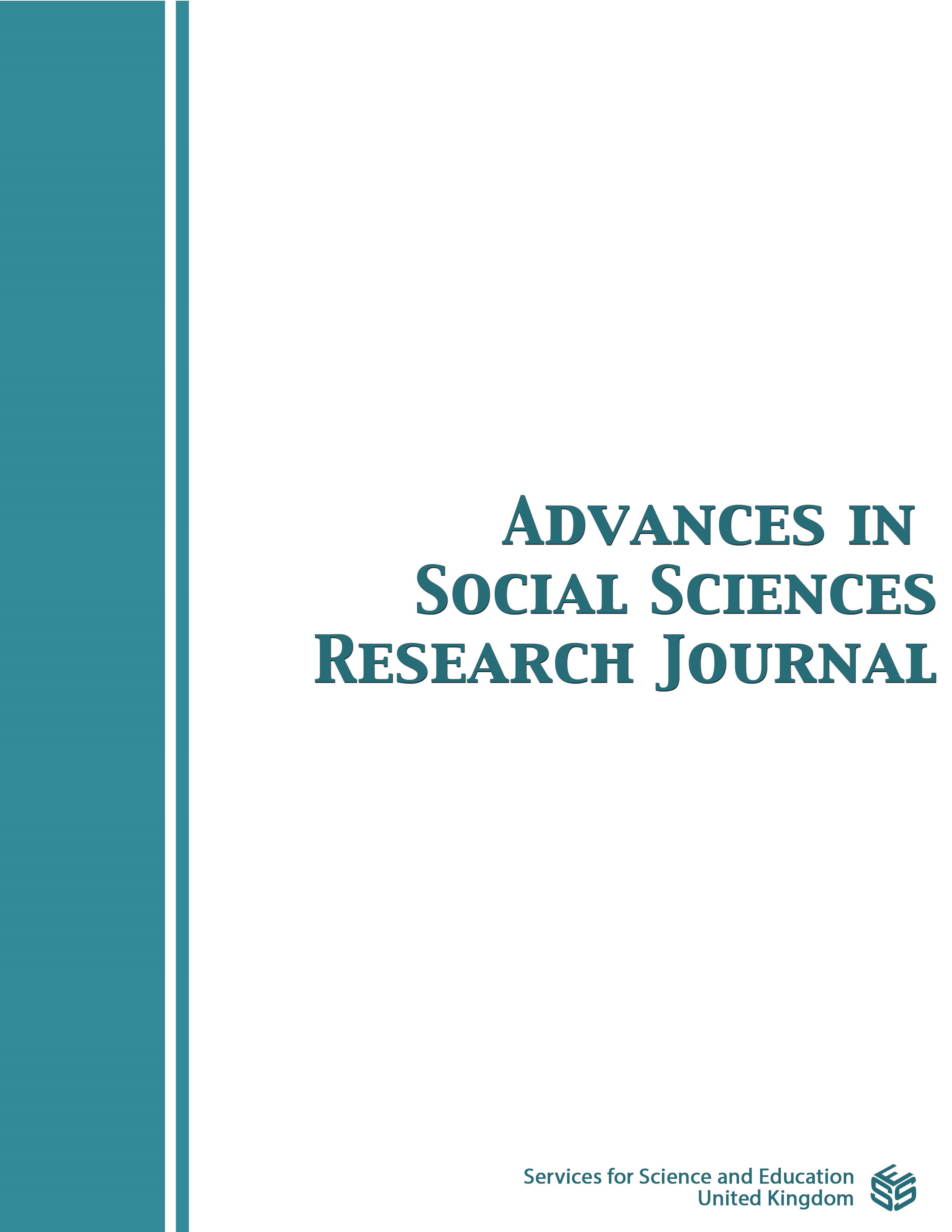The Impact of the Relationship Between, Servant Leadership, Workplace Bullying, and Microaggression on Employee Resilience
DOI:
https://doi.org/10.14738/assrj.112.2.16426Keywords:
Servant Leadership, Workplace Bullying, Microaggression, Employee ResilienceAbstract
In the rapidly evolving landscape of Malaysia's Information Technology (IT) industry, characterized by burgeoning cyber threats and a shortage of skilled cybersecurity professionals, this research endeavors to unravel the intricacies surrounding the leadership styles, workplace bullying, and microaggressions on employee resilience among IT professionals. Rooted in the critical intersection of Social Exchange Theory and Servant Leadership theory, the study aims to discern the relationships among these factors and their collective impact in the Malaysian IT sector. Recognizing the scarcity of studies addressing race-based microaggressions in this context, particular emphasis is placed on microaggressions as a dimension of workplace dynamics. Social Exchange Theory provides a lens for understanding the reciprocal interactions among individuals, while Servant Leadership theory underscores the importance of leaders serving their followers' needs and well-being. The research is guided by a comprehensive set of objectives, including the examination of relationships between leadership styles, workplace bullying, and microaggression on employee resilience. The scope of the study extends to cyber security companies in the Klang Valley region, capturing the essence of IT industry dynamics in Malaysia. By exploring these intricate relationships, this research endeavors to contribute valuable insights for organizations grappling with these challenges, offering a strategic understanding that may mitigate hiring costs, training expenditures, and overall operational expenses in the IT industry. Expected outcomes include valuable insights for organizations, contributing to a strategic understanding that mitigates operational expenses in the IT industry.
Downloads
Published
How to Cite
Issue
Section
License
Copyright (c) 2024 Mohamed Nazhif Bin Ramlan, Nursaadatun Nisak Ahmad, Murni Zarina Mohamed Razali

This work is licensed under a Creative Commons Attribution 4.0 International License.
Authors wishing to include figures, tables, or text passages that have already been published elsewhere are required to obtain permission from the copyright owner(s) for both the print and online format and to include evidence that such permission has been granted when submitting their papers. Any material received without such evidence will be assumed to originate from the authors.






